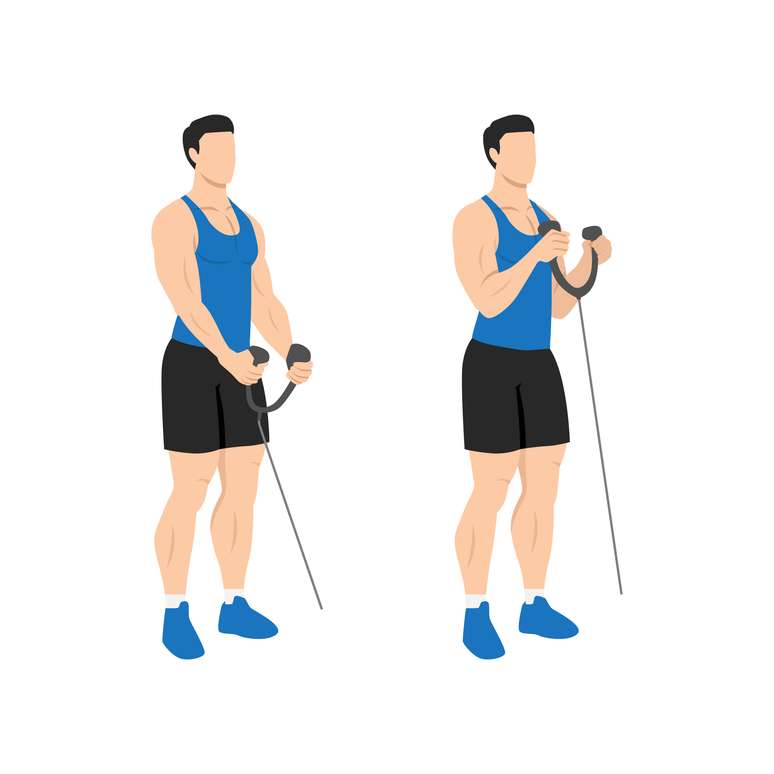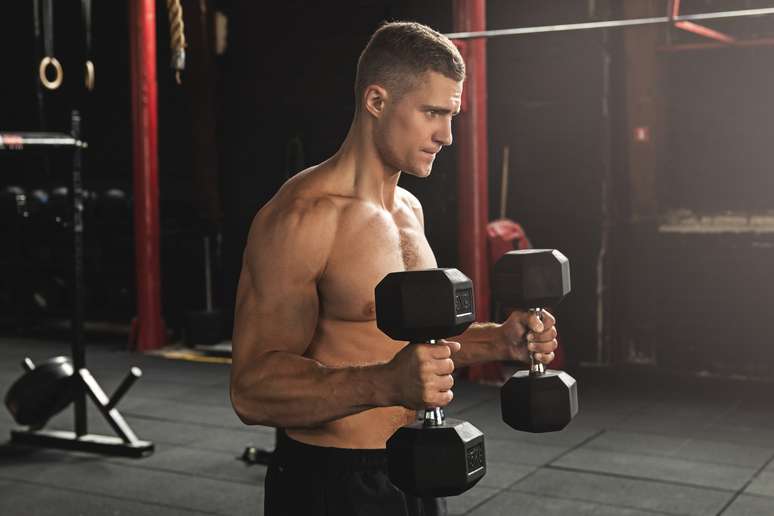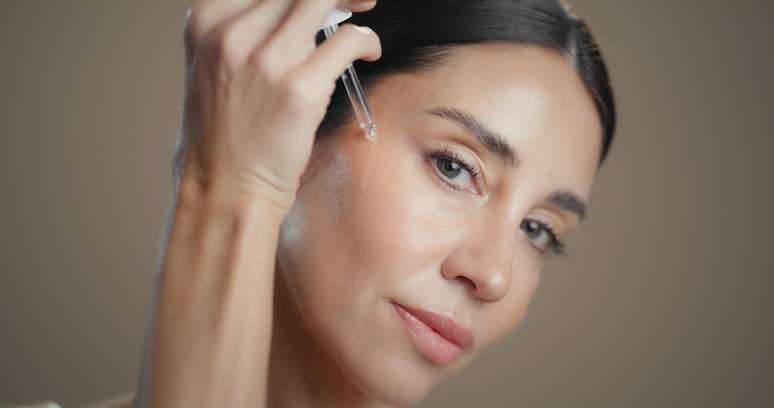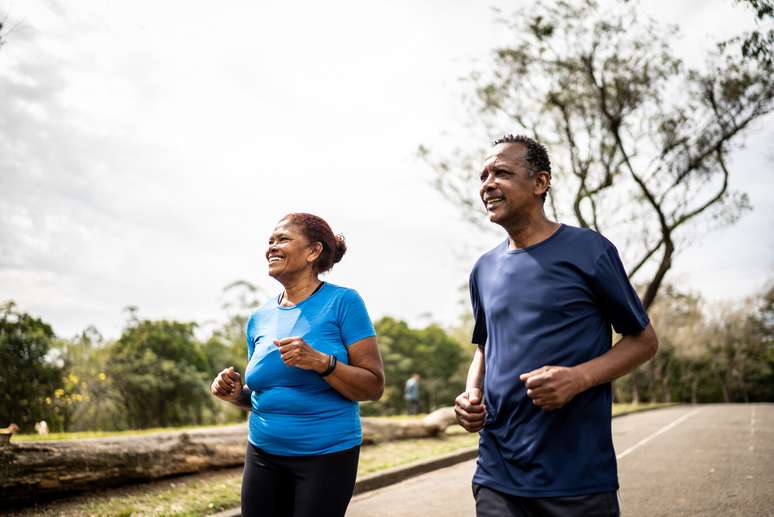Learn this curl variation for your biceps!
The curl is a traditional way of performing an exercise specifically for the biceps muscles. The barbell curl, performed with a barbell or dumbbells, is the most common, but there are variations that can generate new stimuli. One of them is the hammer curl!
While in the barbell curl you perform movements of extension and flexion of the elbow with the hands in a prone grip (facing upwards), in the hammer curl the grip is neutral, i.e. the palms of the hands are facing each other .
This movement can be performed with dumbbells, with a special bar, called “H-bar” and also on a pulley (cables), using a rope. “This is a very popular variation, different from the barbell curl due to its neutral grip, and is most commonly used for the biceps brachii and brachioradialis,” explains coach Emilio Maia, of the Evoque gym.
How to do hammer curls?
To perform the dumbbell hammer curl, hold a dumbbell in each hand with a neutral grip. Then, flex your elbows, squeezing your biceps, and return in a controlled manner. Remember to keep your spine straight and not use body movement to generate momentum.
Hammer curl variations
Now that you know how to perform hammer curls, discover the other variations of the exercise!
1. H-bar hammer curl
The H bar is a bar that has two small vertical parallel bars, which serve to support it. It is quite common in gyms and allows you to perform hammer curls using plates and heavier loads.
2. Thread the hammer onto the pulley
On the pulley the hammer thread can be made with a double-stranded rope. To do this, simply adjust the low pulley and hold each end of the rope with one hand. Then, perform the arm bending movement. Exercising on the pulley creates tension throughout the movement, providing a different stimulus than using free weights.

Be careful when doing hammer curls
Remember to consult a physical education professional before starting a new exercise, as this will help you perform the movement correctly, avoiding injury. When performing the hammer curl, pay attention to your posture, which should be upright and without auxiliary movements of the spine. Also, avoid using other muscle groups, such as the shoulders, to generate momentum. Focus all movements on the biceps.
Source: Terra
Ben Stock is a lifestyle journalist and author at Gossipify. He writes about topics such as health, wellness, travel, food and home decor. He provides practical advice and inspiration to improve well-being, keeps readers up to date with latest lifestyle news and trends, known for his engaging writing style, in-depth analysis and unique perspectives.








